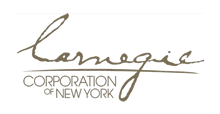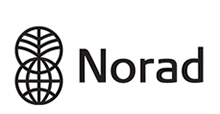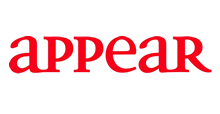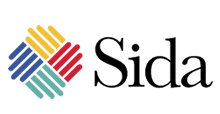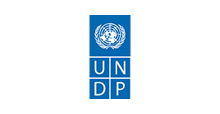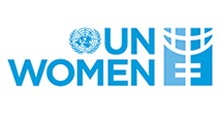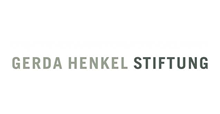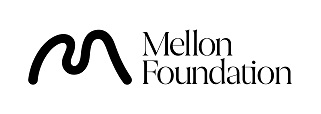The project is using empirical and media monitoring data to assess the food environment, it’s effect on childhood obesity and Uganda’s non communicable disease (NCD) burden. Currently there is little understanding on the extent and nature of children’s exposure to food and non-alcoholic beverage advertising in Uganda. Elsewhere, majority of food advertisements to children are unhealthy with a coinciding increase in obesity. A snapshot study of Uganda’s food environment found widespread unhealthy food advertising without regulation. Recently the World Health Organisation Global RECAP program, through engagement of policymakers in Uganda, confirmed that ‘marketing restrictions to children’ is a number one priority issue in Uganda. We hope our study findings will inform government policy actions to design policy regulation, create healthy food environments that prevent childhood obesity, and contribute towards achieving the draft Uganda Nutrition Action Plan II (2020-2025) and the Strategic Development Goals.
We shall use empirical and media monitoring data to determine the trends of magnitude and type of food and non-alcoholic beverages advertised to children. We shall assess the content used, the persuasive advertising techniques used to influence children’s food choices. Furthermore, we shall engage key stakeholders including children and youth, parents, leaders and other duty bearers for child protection and improved health at all levels.
Expected Outcomes
- Increased understanding on the nature and extent of food and non-alcoholic beverages advertising to children. We shall use real time television, radio and newspaper data, including video clips and pictures where appropriate, to generate this outcome.
- Categories of food and non-alcoholic beverages advertised to children using the AFRO nutrient profile model. Categorizing the types of food and beverages advertised shows the nature of food advertised to influence children’s food choices and diets.
- Analysis and documentation of the persuasive techniques used to promote to children and children’s preferred media channels. Food and non-alcoholic beverages advertisers use content to persuade children and capture innocent children’s minds early in life to prepare them as future clients for their products. This outcome will directly contribute towards food and beverage regulation – specifically on marketing to children in Uganda.
- Stronger stakeholder support and partnership. Beginning with policymakers and parents because their attitudes towards food and beverage advertising are key to shaping food marketing regulations. Parents are a great community agency that can advocate for good child health outcomes. Other key stakeholders including children, adolescents, leaders and media will also be mapped and engaged.


